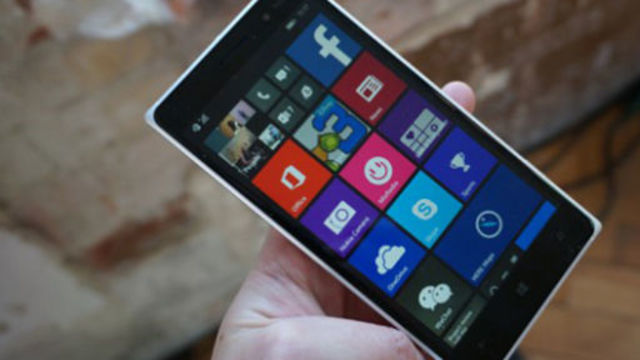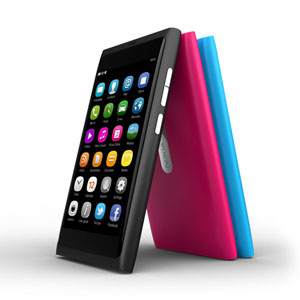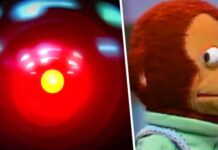
Written by: Anon.Dos
Ever wondered what happens to the password you enter in your Gmail or Facebook account? Our computers do not understand our spoken language so from a basic “a” or zero, one, one, zero binary code to twelve or fourteen digit combination of letters and numbers are called passwords. And when it comes to protecting information like your passwords when you hit enter or any sensitive email that needs to be sent from CIA’s server to MI6 is heavily protected in different security socket layers and that is basic cryptography. And it’s been there for ages, from the times of kings to this day and age, messages that had to be delivered in secret to keep the information safe were never written simply, they were always written differently. Sometimes a symbol representing a word or sometimes a whole paragraph written upside down with possible spelling mistakes that were done intentionally. 
The Outdated Nokia N9
However, when we talk about today’s age and time, creating random combination of numbers and alphabets on a computer is truly difficult and especially when it comes to large data and files. It is difficult because at the end of the day the program that encrypts data was written with specific instructions which allow the software to work within those confined boundaries of the code that was written to create them.
Due to this problem, scientists from University of Geneva are working on quantum cryptography. As we already know that software used for creating a set of strings or codes are limited because of the programming language used by the programmer in his software. So quantum cryptography is a way in which light is used in a particular way to generate codes. These lights are taken from atoms namely photons; because it is impossible to figure out exactly when an atom emits light (energy) and since it is impossible to calculate the exact amount of time it takes to burst that energy.
So keeping that in our heads, the scientists took a Nokia N9’s eight megapixel camera and used a laser to stimulate the chip inside the camera and the results were amazing. The camera in the N9 is very sensitive, it detected even the petty changes in the in the light from the laser. So every photon that was emitting random light the chip under the N9’s camera was capturing it and all that information was converted from Nokia N9’s open source software called MeeGo version 1.2 Harmattan to a truly random ten to the power of sixty times random code.
Now that is proper randomness, scientists are stilling working on making it better and the future of Nokia is bright on this project..
Links: Protect your mobile devices from hackers & governments and surf anonymously
_______________________________________________________________________
Sources:
http://en.wikipedia.org/wiki/Quantum_cryptography
http://www.popularmechanics.com/technology/how-to/computer-security/the-future-of-cryptography-is-outdated-nokia-phones-17199208?click=pm_latest
http://www.popularmechanics.com/technology/how-to/computer-security/the-future-of-cryptography-is-outdated-nokia-phones-17199208?click=pm_latest
http://deepcor.com/news/1223/obsolete-nokia-phone-a-solution-for-quantum-cryptography





thats amazing, i want some of that shit through my phone haha. i encrypt everything so that would be the shit. good post HQAnon. people need more people like you to post more but i go here daily do keep it comin.:
This is some ground breaking stuff! can’t wait until this sort of stuff aswell as full encryption throughout is available easily for smartphones.
We r entitled to our privacy & there is no countries or borders when it comes to the U.S Prism Programs & similarly corporations having access to all kinds of our data & info (to sell or do as they please).
lets all contribute to open encryption software so it can be used as a base universally in all types of OS’s & devices for all range of privacy apps.
@Code_Collective
Nokia Meego OS is now modified as Sailfish OS to Support android and Other cool Stuffs..